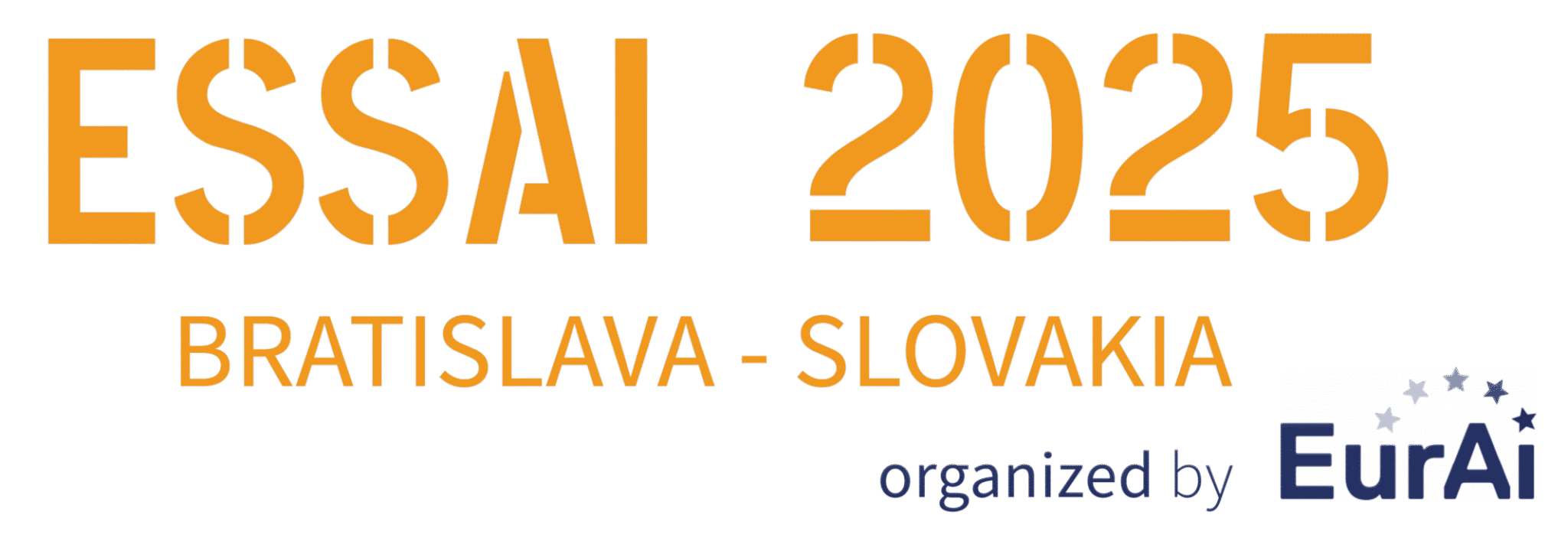ESSAI 2025 learning paths
1. Trustworthy & Explainable AI
Description:
This path explores the ethical, legal, and technical foundations for designing AI systems that are transparent, interpretable, and aligned with societal values. It covers the integration of formal methods, legal frameworks, human rights considerations, and argumentation-based explanations to ensure that AI systems are not only effective but also just and accountable.
2. AI for Decision Making & Optimization
Description:
This path focuses on AI techniques for informed decision-making, optimization under uncertainty, and recommendation in complex environments. It includes Bayesian optimization, recommender systems, and the management of uncertainty in machine learning, with applications in planning and predictive modeling. The selected courses equip students to build models that support efficient and robust decisions based on complex, high-dimensional data.
3. Machine Learning and Robust AI
Description:
This track delves into the development of machine learning models that are resilient, secure, and capable of addressing adversarial conditions. Topics include adversarial robustness, unlearning, topological data analysis, graph-based learning, and data-centric strategies to improve ML integrity.
Courses:
4. AI for Autonomous Systems & Robotics
Description:
This path focuses on the application of AI in autonomous and robotic systems. It includes reinforcement learning, human-robot interaction, cognitive architectures, and strategic reasoning in multi-agent environments, bridging the gap between theoretical models and real-world autonomy
5. AI & Reasoning Models
Description:
This path is dedicated to symbolic AI, logic programming, and computational reasoning. It examines both foundational and advanced approaches to formal reasoning in AI. Topics include automated planning, constraint satisfaction, Datalog, and answer set programming, with an emphasis on integrating these techniques with large language models. The courses explore how AI systems can reason about actions, knowledge, and goals in both discrete and continuous environments, providing a comprehensive foundation for developing systems with robust decision-making capabilities.



































